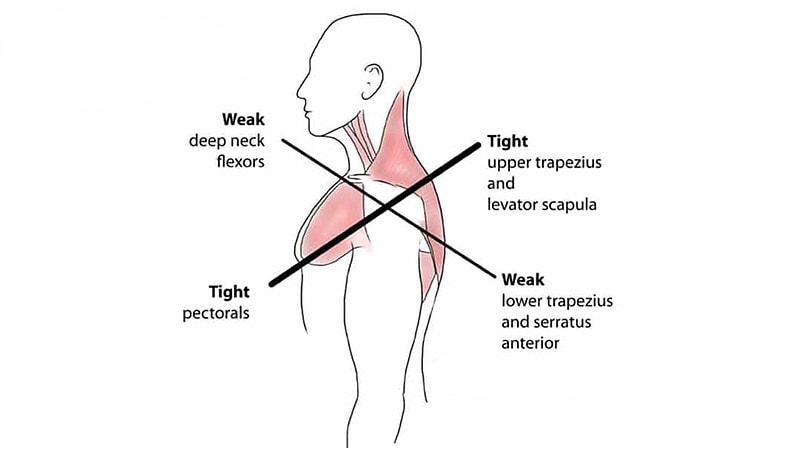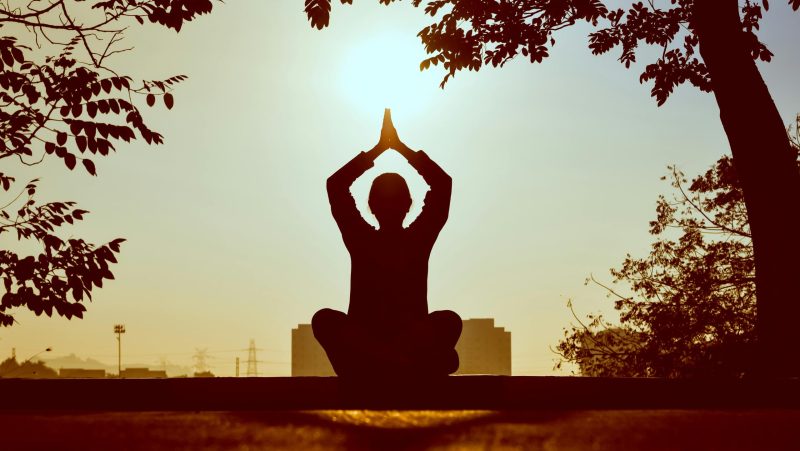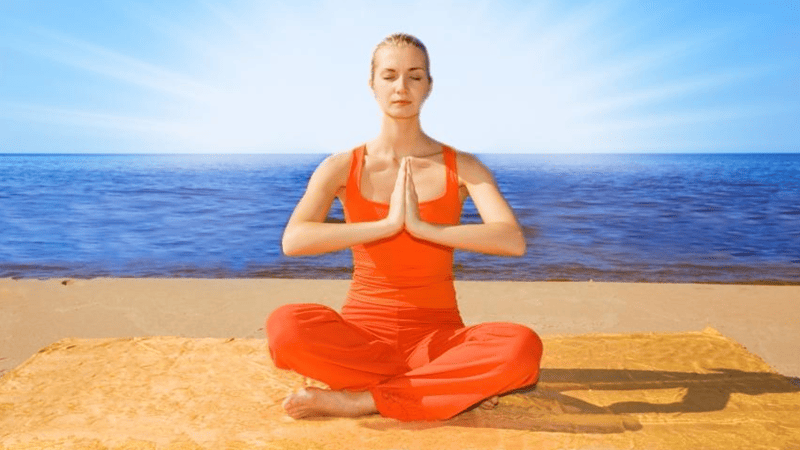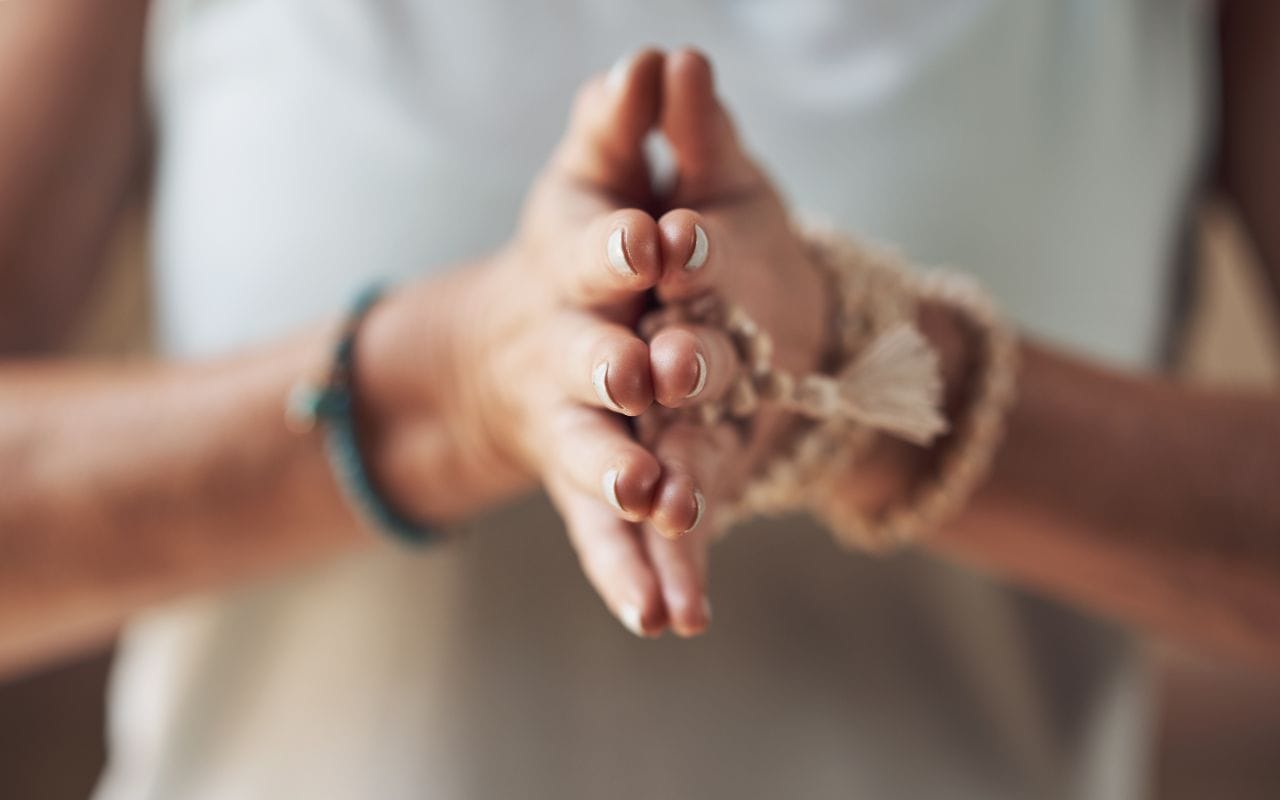
Stop procrastinating and start meditating
It's time to start meditating – your mind will thank you for it! By Ondine Savage
One of the best decisions I ever made – and the one that has had the most profound impact on my life – was learning to meditate.
Meditation has been a consistent part of my life for over 20 years now, but I often wonder who I would've become had I never crossed paths with this ancient practice.
All those years ago, when a friend told me about a silent meditation course, I was instantly intrigued. I hadn't meditated a day in my life, but I was curious to know more, so I signed myself up.
It was 10 days of meditation, with no talking and no access to any kind of distractions. I handed over my phone, computer, any books and writing materials when I entered the centre, and I was not to see them again until the completion of the course.
Challenge accepted I thought. It’s just me alone with the vast contents of my mind. What could possibly go wrong? Well, turns out quite a lot actually…
What I quickly discovered was:
my mind reacted like a wild horse that needed breaking in.
It bucked, it kicked, it reared up, it ran around completely directionless and it stomped its hooves in silent protest.
I braced myself. This was going to be harder than I thought.
People often think meditation is about 'just letting your mind go blank'. The casual way in which it is offhandedly thrown out lets me know that perhaps they haven’t actually ever tried to just let their mind go blank. And perhaps it’s not entirely what we’re looking to achieve with meditation anyway.
It’s naive to think you can tell your mind to 'stop thinking' and it will instantly obey. If it were that easy, then the need for meditation and mindfulness practices simply wouldn’t be necessary.
When you stop to think about how often your senses are bombarded by a consumerist market vying for your attention, then it becomes easier to understand why it might be so challenging to quieten and calm the mind. Add to the mix the up to 50,000 thoughts you can think in any one day, and you have a veritable cocktail of constant mental whirring which you may find difficult to control let alone switch off.
So maybe emptying the mind might be a little more challenging than we had anticipated?
This might be the reason why many people start a meditation practice with all the best intentions, but then struggle to continue, because it feels like such an impossible achievement. Although the word 'Impossible' also spells 'I’m possible'.
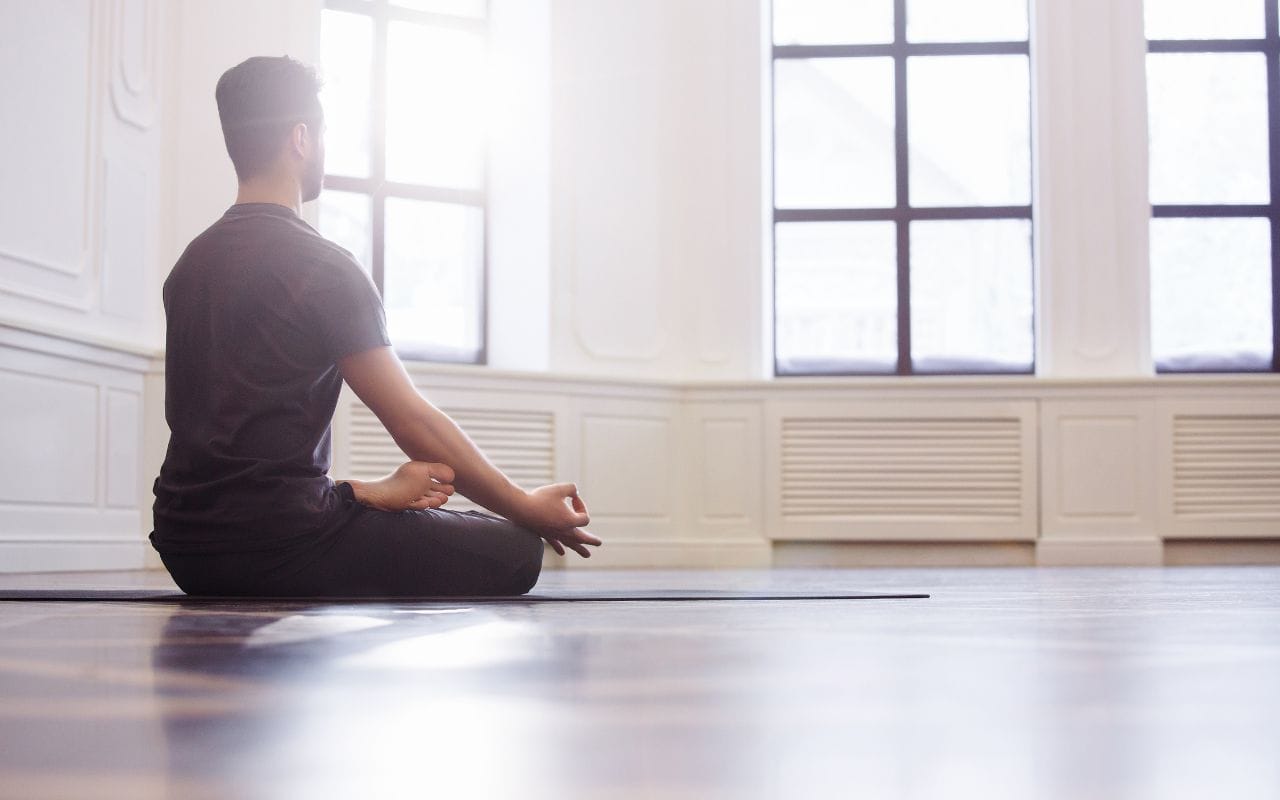
Meditation is actually a lot simpler than you might think. It’s not complicated or cerebral, but it does require something from you in order to experience its benefits. Discipline.
And that’s not always a word people like to hear. It takes discipline to sit quietly observing the merry-go-round of thoughts and stories in your mind without interacting or identifying with them, without having an opinion about them or without judging or criticising them.
So how does meditation work to help us maintain a healthier mind free of constant mental chatter?
When you sit to meditate, you’re not trying to deny your reality (push thoughts out or not think at all), you’re simply observing them and being a silent witness to what arises from moment to moment.
Thoughts, feelings and sensations are present, but your mission – should you choose to accept it – is to 'be' with them all with an equanimous mind.
So when thoughts arise, welcome them in, let them hang around, observe them without getting personally attached, and then, let them go. Think of a thought like a cloud that floats in, through and then out of your mind.
Try to resist the temptation to hold on to a thought or chase it around your head endlessly until it becomes an obsessive loop holding you hostage.
Meditation also teaches you that you are not your thoughts and that your thoughts don’t make you who you are. They simply accompany you on your life’s journey and only have power over you if you let them. Your task is to observe and witness, not interfere, suppress, judge or block them from arising.
Training the mind to stay focused requires time, energy and patience because more often than not, the untamed mind will lead us astray any chance it gets. It’s easily distracted, just like a young child might be by a noisy toy or cartoon characters on TV.
Your goal as a meditator is to become immune to distractions. The idea is to remain as present as possible to what you’re currently experiencing while not allowing the mind to drift into the past or future. This might look like your mind focusing on the inhalation and exhalation of air moving through your nostrils. The mind will eventually and inevitably protest at such tedium, which is when it will try to entertain you with past and future images and distractions. So every time the mind pulls you away from presence, you’ll pull it right back in. As many times as it takes.
One of the best ways we can stay present is by focusing on the breath because it is happening in real time. If the mind observes the air travelling through the nasal passages (its depth, its temperature, its volume), then it is remaining present to the experience of breathing.
So when you sit to meditate, if your phone rings, ignore it. If your partner calls out to you from the room next door, ignore that too. If your dog barks, let it. Whatever is occurring around you when you meditate forms part of your meditation. All the sounds within your environment remain, just like you remain unhindered by them. This is the perfect way to train the mind to remain focused no matter what’s occurring around you.
By training your mind in this way, you’ll no longer be at the mercy of every single experience that might want to distract you from your purpose. You’ll be steadfast in your commitment to remain focused and concentrated in achieving what you set your mind to.
My teacher always said that it’s easy to meditate in the quiet stillness of a cave on top of a deserted mountain surrounded by silence, but could you meditate in the same way if you sat in the middle of a busy city street with all the hustle and bustle around you?
The idea here is that no matter what is occurring in the exterior world, you have the ability to quieten and still your inner world. To remain centered and calm internally when the world around you seems chaotic and uncertain, is a skill worthy of superpower status.
If you observe where the nature of your stress and anxiety stem from, you’ll often find they’re linked to projecting the mind into a future that doesn’t exist or dwelling on a past that has been and gone. The yogic texts call this 'dukha' or suffering in Sanskrit, and say the only happiness 'sukha' we can truly know is in this very moment, the here and now.
As Cory Muscara says:
“The belief that there is some future moment more worth our presence than the one we’re currently in right now is why we miss our lives”
By stepping off the continuous wheel of doing, you’re invited to come to a place of 'being' in this world. From this place, you’re able to 'hear' your body’s innate intelligence guiding you. I liken this to your very own internal GPS navigator.
By allowing the mind to rest from the constant clutter of mental noise, it is then able to rest from the obsessive and unconscious thinking patterns that ultimately drain our energy and keep us stuck in unhelpful thought loops.
The mind also needs space to assimilate and integrate all the experiences you have during the day. This time is essential to be able to process life properly. It’s an opportunity for your mind to organise thoughts, find structure and evolve and grow into its purest form, which is the truest expression of who you are.
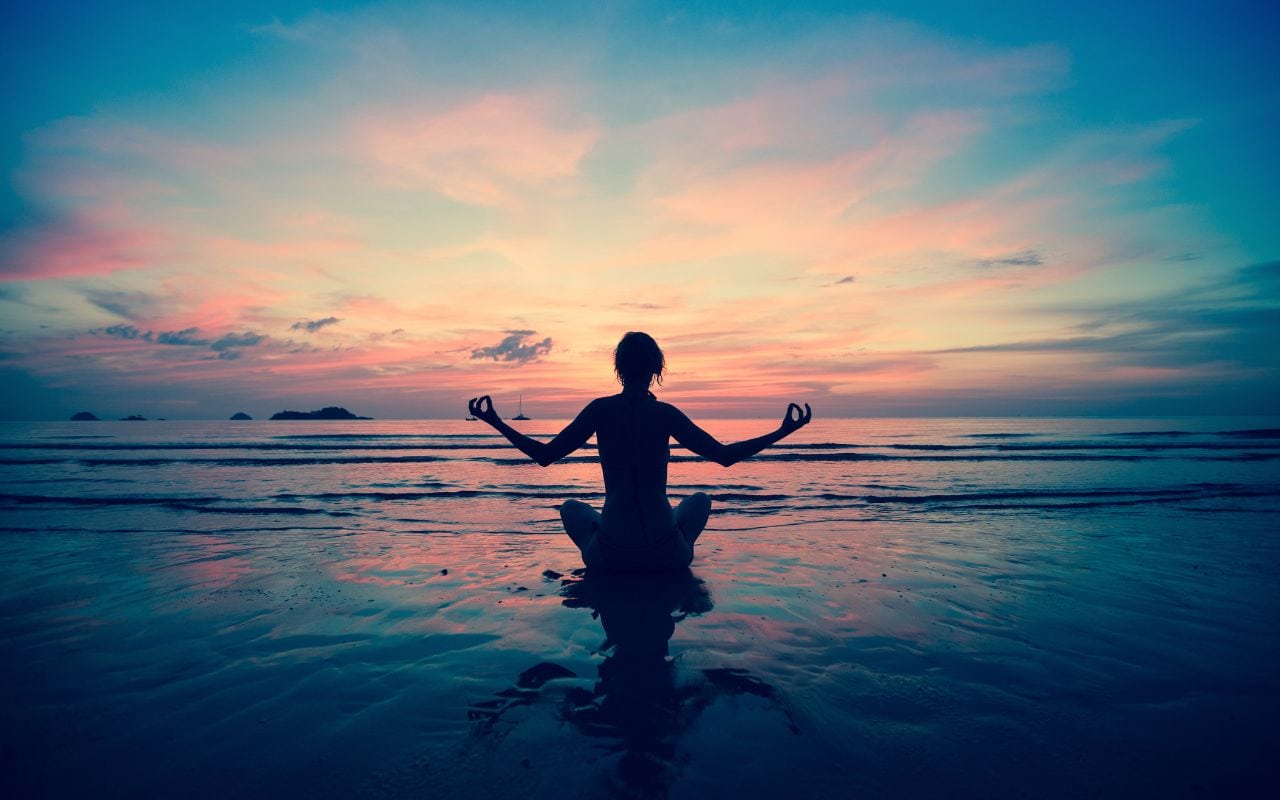
Meditating is essentially sitting as your most authentic Self and observing that Self in a state of quiet contemplation. It’s a simple unfolding of each moment that passes while you’re being present to it all, even if it makes you uncomfortable. In fact, especially if it makes you uncomfortable.
The discomfort you may well experience during your meditation, whether it be physical, mental or emotional, simply prepares you for the discomfort you’ll inevitably feel in life when you realise you don’t have as much control over matters as you thought you did. You’re basically practicing getting comfortable with being uncomfortable, so when life throws you a curveball, you won’t be so affected by the outcome, because you have learned to breathe and 'be' with whatever comes your way.
Challenges will inevitably come when mental storms arise such as anger, irritation, resentment, fear, frustration etc. So the practice here is whether you can remain equanimous through it all. Equanimity is a fundamental key to understanding that both the dark and light aspects of our lived experience are important and that there are lessons to be found in both of these shades of existence.
Every time you choose meditation over distraction, you’re creating an internal revolution that goes against grind culture. Grind culture wants to keep you busy and distracted so you never question or reflect whether what you’re doing is making you happy or fulfilled. There’s no time to reflect, resist, think critically or find joy because you’re too busy working, caring for others and excelling at being busy.
When you’re grinding, you’re not resting, contemplating, daydreaming or taking care of your own needs, and your self-care and work-life boundaries are constantly being pushed, poked and challenged by cultural expectations. If you don’t actively push back by creating and generating space so the body and mind can relax, no one will do it for you.
You have an incredible opportunity to watch what will reveal itself once the tension unravels and what needs to come through has a channel to do so. You’ll witness your own innate wisdom, you’ll discover answers to deeply held subconscious questions, you’ll understand you no longer need to seek validation outside of yourself and you’ll learn how to truly listen to the wise callings of your soul.
Another important key is not how long your meditation should be, but how consistent it is. For example, a 5-minute practice done every day will have far greater benefits than a 20-30 minute practice done every now and again. Like anything we try at first, it won’t necessarily come naturally, but with a little willpower and determination, you’ll be able to convince the mind that finding 5 minutes during the day is definitely doable. Taking baby steps is essential when we’re just beginning, so we don’t overwhelm the mind and create opportunities for it to make excuses or rebel.
Once your practice is more established, you’ll notice everlasting shifts and transformations in the way you interact with the world, handle conflict, forgive and open your heart.
Even if meditation does nothing but teach you to take space before you respond to what life offers you, you’ll have achieved a lot, including an inner calm that won’t have you reacting to every little thing someone says or does. Building a reservoir of resilience through meditation is incredibly empowering, because having a solid, firm and unshakeable foundation of inner calm is the ultimate in sovereignty and empowerment. To have perfect dominion of your Self is the ultimate and most essential life skill.
Learning to meditate will come with many incredible benefits, including a clearer and quieter mind, the ability to remain calm in conflict, knowing when to create space before responding, and it will also teach you patience, resilience, self-control and compassion.
Having a meditation practice doesn’t mean you’ll never feel any strong emotions. However, what may begin to happen is that you’ll take a lot less time to come back into balance after healthily expressing these emotions. So, anger will be there for example, but finding a calm peaceful presence quickly after the storm is one of the greatest benefits of Meditation. It’s the gift that will teach you not to waste your precious energy reserves for hours, days or even weeks on a certain emotion, which can turn into a story and then an obsessive thought loop. Meditation wants you to return to 'Sama' – serenity – as quickly as possible, so you can restore balance to body, mind and spirit.
As a student once asked Buddha: “What have you gained from meditation?”
“Nothing” he replied “However, let me tell you what I lost. Anger, anxiety, depression, insecurity, fear of old age and death.”
If I could lose a little of any of the above, meditation is worth every moment I choose to dedicate to it.


